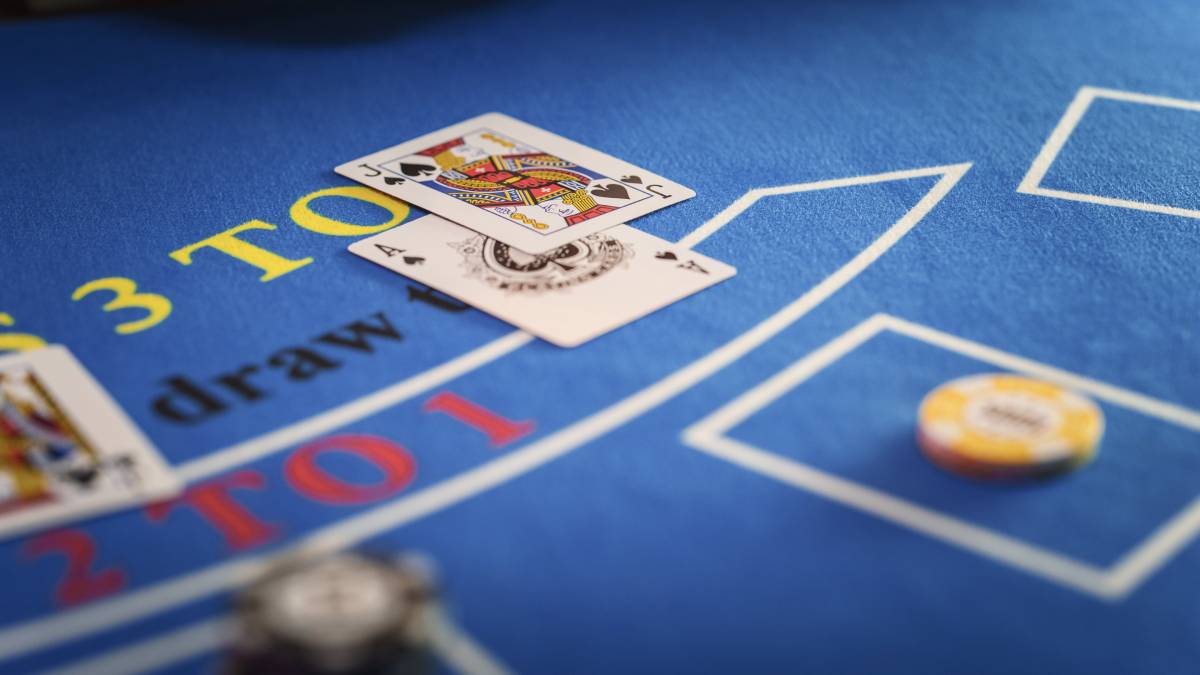If you enjoy playing card games like blackjack and baccarat, you might be interested in the legal battle unfolding in California. The fight centers on who gets to offer these popular games: local cardrooms or Native American tribes.
In October, Sacramento judge Lauri Damrell issued a key decision.
She ruled against a lawsuit from gaming tribes that claimed cardrooms shouldn't be allowed to offer these games. The judge determined that federal law, specifically the Indian Gaming Regulatory Act (IGRA), outweighs the state law claims made by the tribes.
This ruling is good news for cardrooms, as it allows them to continue hosting these games.
They use a unique setup where independent third-party players, known as TPPPs, act as the banker instead of the house. This structure is important because it differentiates cardroom games from the house-banked games operated by tribal casinos.
The Fight Isn't Over in California
Despite this recent court victory, the battle for cardroom games is far from over.
The tribes have made it clear that they're not backing down and plan to appeal the decision. Their goal is to argue that cardrooms are infringing on their exclusive rights to offer casino-style games, an issue that's protected by both their tribal compacts and federal law.
The appeal process will go through the California appellate courts and might even reach the state Supreme Court.
So, it looks like this legal drama will continue for a while.
Regulations Could Change the California Cardroom Game
But it's not just courtrooms where decisions are being made.
California is also considering new regulations that could impact how cardrooms operate. Currently, they're heavily supervised by the California Gambling Control Commission and local authorities to ensure all operations comply with state laws.
If these new rules take effect, they could change how third-party proposition players are used or even challenge the cardrooms' entire business model. The tribes argue that such regulations are essential to protecting their exclusive rights over certain games.
Meanwhile, cardrooms emphasize that they've been valuable contributors to their local economies, meaning any regulatory changes could significantly affect not only the businesses involved but also the communities that depend on them.

A Longstanding Dispute
This legal and regulatory struggle isn't new.
For decades, California's tribes and cardrooms have been at odds over gaming rights. Both sides have a lot at stake — not just in terms of money, but also in how they serve their communities.
So, while cardrooms have won a recent battle in court, the war is far from over.
Appeals and potential regulatory changes loom on the horizon, making the future of these popular games (like blackjack and baccarat) in California uncertain. Whether you're rooting for the tribes or the cardrooms, this is a story to watch closely in the coming months and years.










